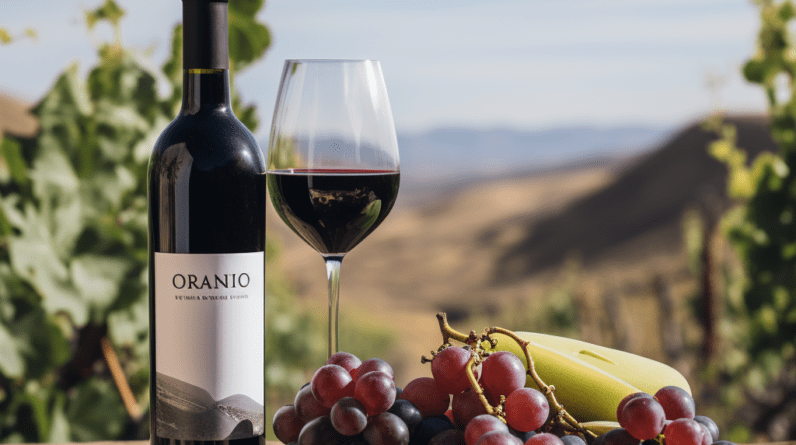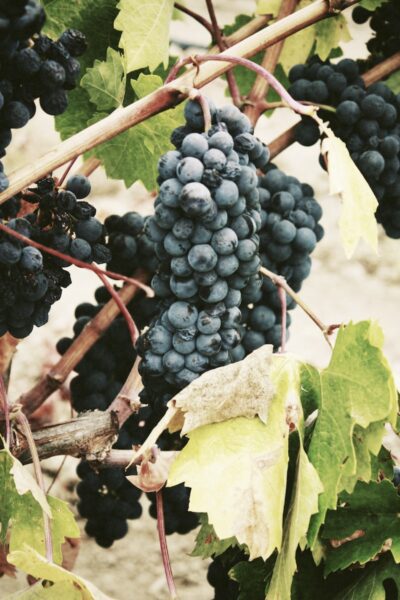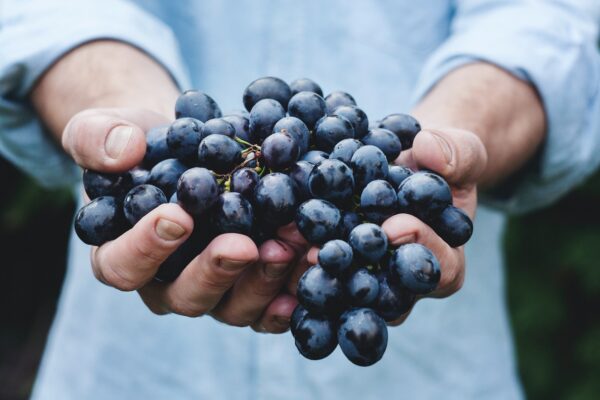
Definition of Organic Wine
Wandering down the wine aisle, you’ve probably spotted a bottle or two touting “Organic” or even “100% Organic” on the label.
But what does it mean?
Simply put, if you see these words, the wine inside is made from grapes farmed without synthetic pesticides, herbicides, or any of those hard-to-pronounce chemicals.
They’re the real deal, grown as nature intended.
Now, there’s a subtle difference.
“Organic” means it’s all-natural, from grape to glass, without any additives.
“100% Organic” takes it a step further, ensuring every aspect of the wine, from soil to sip, meets organic standards.
Sometimes, you might notice a label that says “Made with Organic Grapes.”
This is a tad different.
The grapes? Organic.
But the winemaking process might have had a little help, maybe with some sulfites for preservation.
Oh, and if you’re peeking at the back and spot “Organic grapes” as an ingredient?
At least 70% of those grapes are organically grown.
That’s a hefty percentage, but not the full bottle.
Distinguishing Between Organic, Biodynamic, and Natural Wines
Here’s where things get interesting.
You’ve got organic wines, sure.
But then there are biodynamic and natural wines.
Confused? Let’s break it down.
Biodynamic wines aren’t just organic.
They go beyond.
Think of a vineyard as its little world.
Everything it needs?
Right there in its ecosystem.
No outsourcing for fertilizers.
Instead, maybe there’s a cow or two providing natural manure, or chickens chasing away pests.
Biodynamic is about balance, with nature leading the dance.
Then there are natural wines.
No official rulebook here, but the essence is minimal intervention.
Let the grapes do their thing, both in the vineyard and when they’re being turned into wine.
Many organic and biodynamic wines fit right into this category.
They’re wines in their purest form, echoing the seasons and landscapes that shaped them.
The Sulfite Story in Wines
Ah, sulfites.
The talk of many wine circles.
So, what’s the deal?
Sulfites play guardian, keeping wine from going bad.
Every wine has them because they pop up naturally during fermentation.
But, there’s a difference in quantity.
LIFE IS SO MUCH BETTER WITH THIS SPECIAL WINE GLASS CLOTH!
Organic wines in the U.S. are low on the sulfite scale, clocking in at less than 10 parts per million.
Europe’s a tad more lenient, allowing 100 ppm for reds and up to 150 ppm for white and rosé wines.
Compare that to conventional wines which can soar to 350 ppm or even more.
Organic Wine and Veganism
So, you’re eyeing an organic bottle and thinking, “This has to be vegan, right?”
Not so fast. Organic doesn’t always mean vegan.
The reason? It’s all about the fining process, where winemakers remove impurities.
Sometimes, they use animal products like egg whites.
But vegan wine? They’d opt for charcoal or clay or even skip fining.
Want the best of both worlds?
Look for certifications on the label.
They’ll be your best clue.
Health Benefits of Organic Wine
Here’s some food (or rather, drink) for thought.
Sipping on organic wine means you’re skipping out on synthetic pesticides and unwanted chemicals.
No nasty residues in your evening glass of chardonnay.
And while we’re dispelling myths, let’s talk about sulfites.
Some blame them for wine-induced headaches.
But, science points fingers at the flavonoids or even alcohol’s dehydrating effects.
So, don’t rush to blame the sulfites.
Discovering Hidden Gems: Uncertified Organic Wines
Did you know there’s a secret world of organic winemakers who don’t boast certifications?
Many family-owned wineries have been making organic wines for ages but skip the certification part.
It’s not always about the label, sometimes it’s about tradition.
Want to find these gems?
Chat with your local wine-shop owners or dive into some wine reading.
And there you have it—a deep dive into the organic wine world.
Next time you raise a glass, you’ll know a bit more about what’s inside.
Cheers to that!
FAQ
- What’s the main difference between organic and 100% organic wine?
“Organic” means the wine is made from organic grapes, while “100% Organic” ensures every step, from soil to sip, is organic. - Are all organic wines vegan?
Not necessarily. Look for certifications on the label to be sure. - Are sulfites bad for me?
Sulfites are natural preservatives, and only a small fraction of people are genuinely allergic.Most wine drinkers won’t experience any issues from sulfites. - How can I find authentic organic wines without a certification?
Engage with local wine shops and read up on wineries.
Personal recommendations can often lead to the best discoveries.
Resources:










